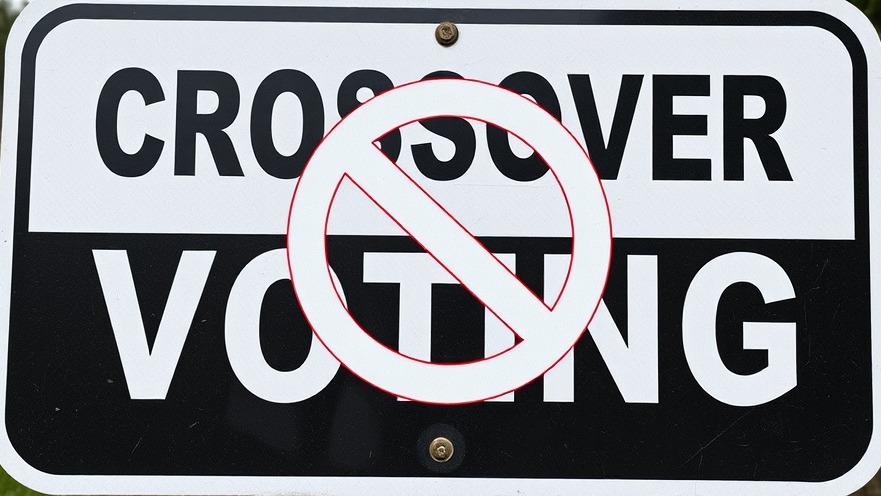
The Texas GOP's Legal Challenge: Understanding the Drive for Closed Primaries
In a significant move reflecting the ongoing debates surrounding voter access and party control, the Republican Party of Texas has initiated a lawsuit against Secretary of State Jane Nelson. This lawsuit aims to eliminate the state’s open primary system, which currently allows any Texas voter, regardless of affiliation, to participate in Republican primaries. This legal maneuver highlights the Texas GOP's desire to limit primary voting to only those registered as members of the party, emphasizing concerns over crossover voting.
The Implications of Crossover Voting
Crossover voting, a practice where voters from one party participate in another party's primary, is at the heart of the GOP's argument. Party leaders, including Texas GOP Chair Abraham George, contend that this phenomenon dilutes the influence of registered Republicans in selecting candidates, potentially leading to the rise of moderate nominees who may not align with the party’s core values. The lawsuit references specific instances, such as the tight races of Representatives Dade Phelan and Gary VanDeaver, where crossover votes impacted the outcomes, claiming that non-Republicans unfairly swayed decisions that should be left to party loyalists.
Legal Precedents and National Context
This battle for closed primaries is not unique to Texas. Similar lawsuits have occurred in other states, such as Idaho, which successfully restricted its primaries via legal action in 2011. As of now, about ten states enforce closed primaries, suggesting a growing trend among political parties seeking tighter control over their electoral processes. The GOP’s stance raises questions about the balance between open democratic processes and party autonomy.
The Party’s Rationale: First Amendment Rights
At the core of the Texas GOP's argument lies the assertion that open primaries infringe upon their First Amendment rights to free association. They argue that the ability to choose their leaders is being compromised by allowing non-Republicans to influence the primary process. This highlights a philosophical divide in American politics: whether elections should be an inclusive process versus how tightly parties can control their internal nominations.
Future Predictions: What This Means for Texas Politics
As the legal proceedings unfold, one must consider the potential ramifications of a shift to closed primaries in Texas. If successful, this could reshape the electoral landscape significantly leading up to the 2024 elections. The GOP’s move may embolden similar initiatives in other states, further complicating the political dynamics as non-affiliated voters could feel increasingly excluded from crucial electoral processes. Establishing a closed primary system could amplify partisan divides and may ultimately affect voter turnout as independent and crossover voters might feel disenfranchised.
Engagement and Action: What’s Next for Voters?
Texas residents should remain engaged with ongoing developments regarding this lawsuit. With the potential for significant changes in how primary elections are conducted, understanding the implications of closed versus open primaries is crucial. Participating in local discussions, reaching out to elected officials, and making your voice heard are vital steps as the state navigates these legal waters. This issue will not only affect political alignments but may also ripple through local governance and community engagement.
Conclusion: The Future of Voting in Texas
As the legal battle unfolds, the Texas GOP’s pursuit of closed primaries represents a broader trend in American politics, reflecting the ongoing tensions between inclusion in the democratic process and control by political parties. Whether this lawsuit succeeds will significantly shape both the Texas political landscape and the nature of political participation in the coming years. Stay informed and ready to advocate for your voting rights as we navigate these changes together.
 Add Element
Add Element  Add Row
Add Row 



Write A Comment